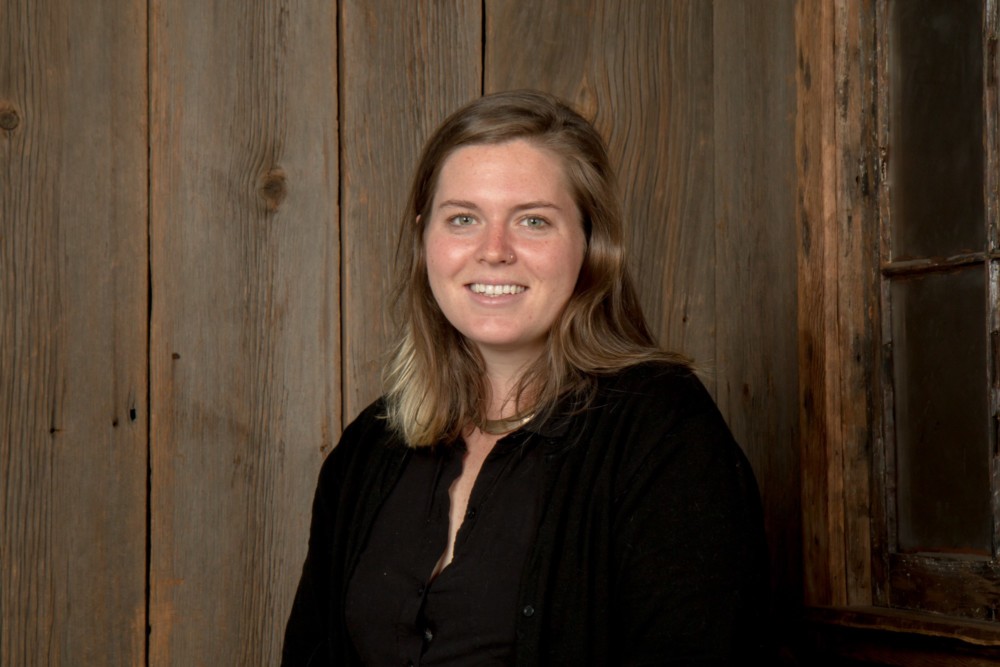By Danae King
The Columbus Dispatch, Ohio
WWR Article Summary (tl;dr) Meet Lily Vail, the project lead of “Kiva Columbus”, a nonprofit lending platform. The national platform uses crowdfunding to provide zero-interest loans to small businesses.
The Columbus Dispatch, Ohio
When Mon Phuyel heard Lily Vail speak to the Bhutanese-Nepali Community of Columbus in March, the entrepreneur was interested in getting her help to make his newest business dream a reality.
Phuyel, 30, was born in Bhutan and grew up in Nepal. He came to the United States in 2010 and since has opened a business in northeast Ohio with a friend.
With their first restaurant up and running, Phuyel came to Columbus to start another one.
Thus was born Kitchen Sports Bar in Blacklick, but not without some help from Vail, who is the project lead of Kiva Columbus, a nonprofit lending platform.
Phuyel and his partner had borrowed from other organizations before, but were drawn to Kiva for its zero-interest loans, he said.
“We used to get a loan, but we paid big interest,” he said.
Phuyel borrowed $7,000 to update the floors of his bar and put a roof on the patio.
“I want to make this floor look beautiful,” he said, gesturing to the stone floor. “This doesn’t look welcoming to people.”
The national platform uses crowdfunding to provide zero-interest loans to small businesses. Its mission is to decrease poverty.
Lenders choose to support small businesses with a similar ideology or cause, such as an anti-poverty focus or a female-owned business, or as a tangible way to support their local economy, Vail said.
For example, one local lender’s profile says he loans because he feels good when helping others achieve the success he has. Another said she does it because it’s fun and easy. Still another does it to support businesses he believes will have a good impact on the community and the world.
The same lenders who support small business owners on the site can also donate to Kiva, which, along with grants and foundation support, helps the nonprofit stay afloat.
Though there are several different types of borrowers and businesses on the site, Vail, originally from New York, brings a specific passion to funding businesses started by immigrants and refugees.
“Immigrants and refugees have lived with a lot of difficulty,” Vail said. “It’s frustrating when there’s so much that can be done, but legal status doesn’t make them able to (have opportunities).”
It can often be challenging for immigrants and refugees with little or no credit history in the United States to get business loans, in addition to language and cultural barriers, Vail said.
Kiva, since coming to the city in 2016, has fully funded 36 people in Ohio, including 23 in Columbus, Vail said. Phuyel is the first refugee Vail has worked with.
Sudarshan Pyakurel, executive director of the Bhutanese-Nepali Community of Columbus, thinks Kiva can be helpful to other members of the organization, he said.
As it is, there are many Bhutanese Nepali people who borrow money from their family members to start businesses, but who aren’t able to get funding from larger funding or banking institutions, Pyakurel said.
Kiva is not the only lending platform that will lend to refugees and immigrants. The Economic and Community Development Institute and other organizations and banks also work with the population, though each institution’s requirements vary.
Kiva requires a credit check and an application from borrowers, but doesn’t use a credit score as the only requirement. That allows the organization to loan to people who might not be able to get a traditional loan, Vail said.
To prove a client’s credibility, Kiva uses what it calls “social underwriting,” or having individuals first get money from their family and friends.
Kiva clients go through a private fundraising process on the site in which they are required to reach out to people they know for contributions to their loan. If they get enough people in the time frame set out for them, they can put their loan on the public site for others to find and fund.
“We believe that communities can both prove credibility of an individual as well as provide that initial support,” Vail said.
Building a community can be tricky for newly arrived refugees and immigrants, so Kiva helps with that as well, Vail said.
Vail can introduce borrowers to people she knows in the community, people who might vouch for the borrower online.
Once they repay the loan, their business credit will reflect it.
“It really gives you the ability to get to the next step,” Vail said.
That’s what it did for Phuyel, who said he feels “like I don’t have words” for the help he’s gotten from Kiva.
“This is like, totally amazing.”














































































































































































































































































































































































